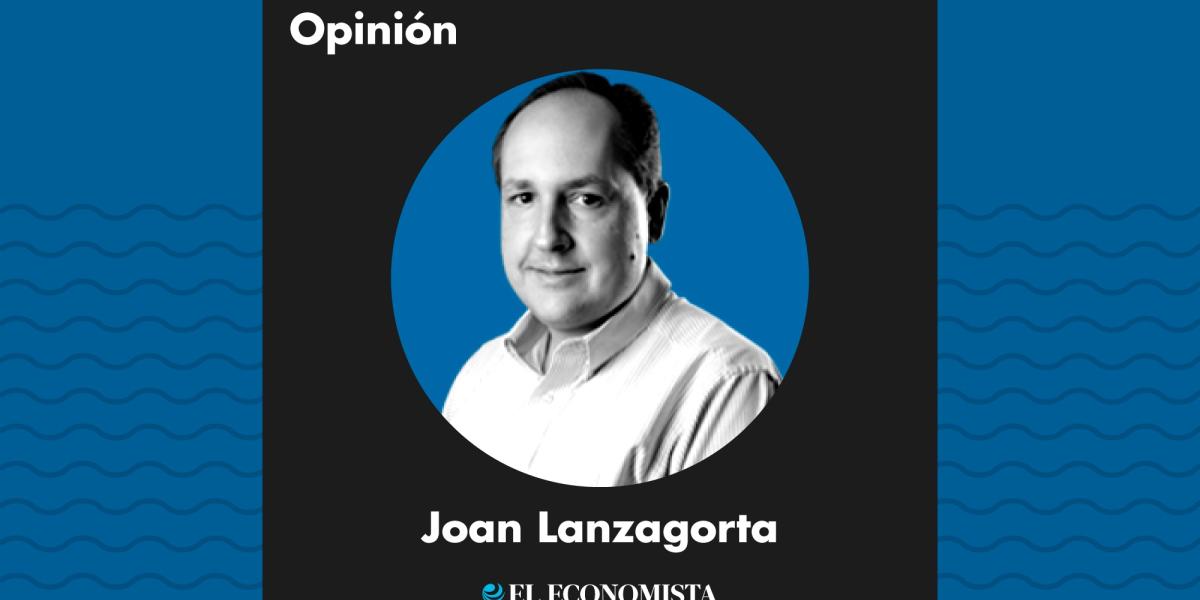After the “controller”, which we talked about in the last installment, it is time to describe another interesting financial personality:
The “Impulsive” – the trap of quick decisions
The “impulsive” personality is characterized by making quick and thoughtless financial decisions. These are people who act based on their immediate emotions and desires, which often results in unnecessary spending and debt accumulation. Although impulsivity can lead to moments of instant gratification, it can have very harmful financial consequences in the long term.
Impulsive people often spend without considering the repercussions of their decisions. In fact, their spending is often emotional: shopping makes them feel better, even if just for a moment. This causes them to purchase products that they do not need or that they simply cannot afford. They thus enter a vicious cycle of debt, where they feel trapped and overwhelmed by their financial obligations. To feel better, they buy something else and so on.
Of course, they are not immune to social pressure or advertising. Although not everyone is like this, many “impulsive” people feel the need to have what others have or live with the latest trends.
It is not difficult to notice that one of their main disadvantages is that they do not have a financial plan, nor a life plan. There are no clear goals, there is no spending plan and therefore they have no control over their money. Instead of building wealth, the “impulsive” is usually struggling to make ends meet.
There are “impulsive people” who buy investment insurance (or similar products) because they have known how to sell it to them or because others have it. But many do not think about this, simply because they do not find that immediate gratification they are looking for or because they simply cannot afford it given their financial situation.
How to help an “impulsive” person?
It is definitely not easy at all, due to the emotional component of its expense. Many “impulsive people” need psychological support. However, there are other strategies that could help them make more thoughtful decisions. One of them is the 24-hour rule: before making a significant purchase, the “impulsive” person should wait a day to evaluate if they really need the item and if they can afford it. However, this rule should not be applied in isolation. It works best when you don’t carry credit cards (or get used to handling only cash for a while) and also establish a spending plan.
The principle of the spending plan, as I have explained several times in this space, is very simple. Every time we receive income, we have to ask ourselves a simple question: what do I need this money to do for me, before I get paid again? In this way, we tell our money what it has to do for us. We take control and during the month, we simply monitor (execute our plan).
The idea is to provide tools that allow them to better manage this impulsiveness and spend more consciously, following a plan and having clear priorities. It provides structure and that keeps the focus on financial goals.
On the other hand, the “impulsive” can benefit from the practice of self-evaluation. Reflecting on your spending decisions and the results obtained can help you identify behavioral patterns that could be limiting your growth. By recognizing your motivations and emotions, you can work to develop a healthier relationship with money.
Finally, it is important for the “impulsive” to seek support. Talking to friends or family about your financial goals can give you the accountability you need to stay on track. They may also consider working with a personal finance coach to help them establish a plan and stay focused on their goals.
In conclusion, the “impulsive” personality can lead to risky financial decisions and a lack of control over expenses. However, with proper strategies, planning, and a change in mindset, it is possible to take a more thoughtful and balanced approach to finances.
It is essential to understand that financial success is not just about instant gratification, but the ability to make informed decisions that allow us to get where we want. For that you have to have a plan.
The next personality will be the “planner,” which is a bit like the “controller” we already talked about, but with some key differences.

















